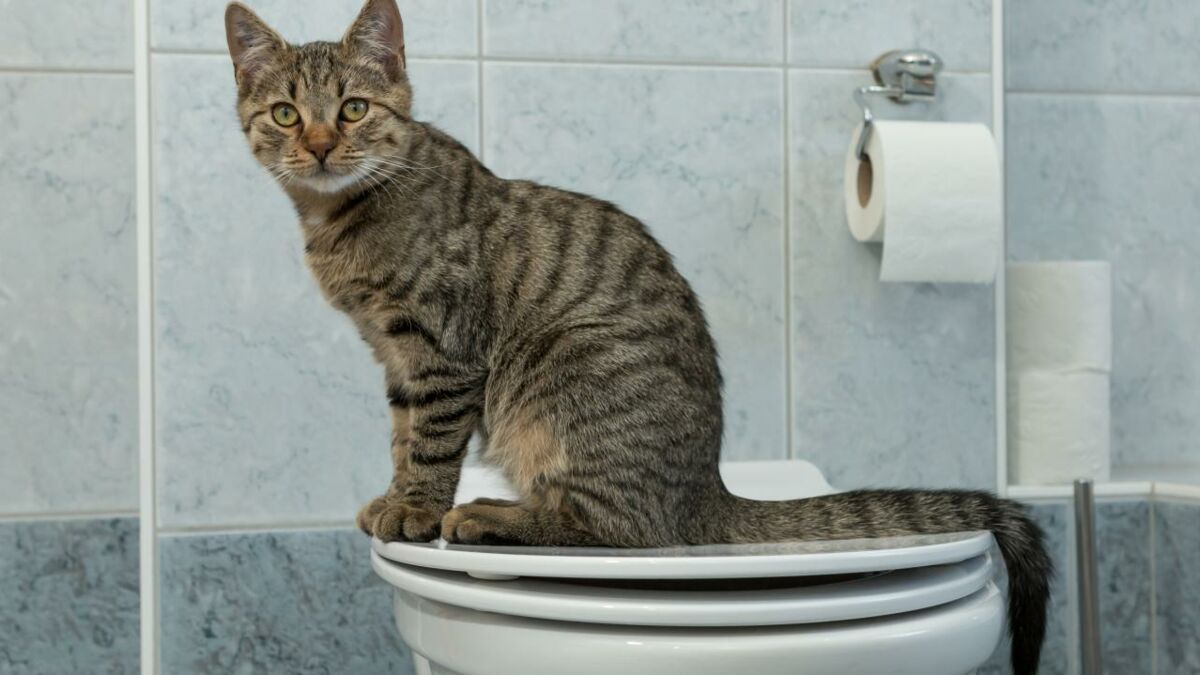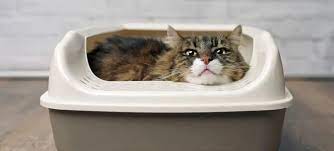My Importance of Proper Disposal of Animal Waste
My Importance of Proper Disposal of Animal Waste
Blog Article
Presented here underneath you might get some really good insights in relation to Can You Flush Dog and Cat Poo Down the Toilet?.

When it comes to getting rid of waste, specifically animal waste, many people typically turn to the convenient choice of flushing it down the toilet. Nevertheless, this seemingly very easy option can have severe consequences for the environment and public health. In this post, we'll discover why flushing pet waste down the commode is a bad concept and provide alternative techniques for correct disposal.
Intro
Proper garbage disposal is essential for keeping ecological sustainability and public health. While it may seem safe to flush animal waste down the commode, it can cause various concerns, both for the atmosphere and human well-being.
Dangers of flushing pet waste
Environmental effect
Flushing pet waste introduces dangerous bacteria and microorganisms right into waterways, which can adversely impact water ecosystems. These microorganisms can infect water sources and damage aquatic life, disrupting delicate environments.
Public health problems
Animal waste has hazardous germs such as E. coli and Salmonella, which can present significant health risks to humans. Purging pet waste down the commode can infect water products, leading to the spread of conditions and infections.
Alternatives to flushing
As opposed to purging pet waste down the bathroom, there are several alternative disposal approaches that are a lot more eco-friendly and hygienic.
Composting
Composting pet waste is an environmentally friendly way to dispose of it. By composting, raw material is broken down right into nutrient-rich soil, which can be utilized to fertilize yards and plants.
Garbage dump disposal
Getting rid of pet waste in a land fill is an additional choice. While not as environmentally friendly as composting, it is a much safer alternative to flushing, as it protects against the contamination of water sources.
Pet dog waste disposal systems
There are customized animal garbage disposal systems available that safely and hygienically deal with animal waste. These systems often make use of enzymes to break down waste and remove smells.
Steps to appropriate pet waste disposal
To make sure proper disposal of animal waste, follow these actions:
Scooping and landing waste
Frequently scoop and bag pet waste read more making use of biodegradable bags. This stops waste from polluting the setting.
Making use of marked waste containers
Dispose of bagged animal waste in designated waste bins, such as compost containers or land fill containers. Prevent flushing it down the bathroom in any way expenses.
Cleaning litter boxes and animal areas routinely
Routinely tidy can and animal locations to avoid the buildup of waste and microorganisms. Usage pet-safe cleaning items to preserve health.
Advantages of proper disposal approaches
Embracing correct disposal approaches for animal waste uses several advantages:
Decreased environmental pollution
Appropriate disposal approaches decrease the threat of environmental pollution, protecting rivers and ecosystems from contamination
Lessened threat of water contamination.
By staying clear of flushing pet waste down the commode, the danger of water contamination is dramatically minimized, safeguarding public health.
Enhanced hygiene and hygiene
Appropriate disposal techniques advertise better sanitation and hygiene, producing a much safer atmosphere for both people and pets.
Final thought
To conclude, flushing animal waste down the toilet is damaging to the environment and public health. By adopting different disposal techniques and complying with proper waste monitoring methods, we can reduce the unfavorable impact of pet waste and contribute to a cleaner, much healthier world.
What To Do With Dog Poo – The Do's And Don'ts Of Disposing Of Faeces
Dog poo bins
Some councils provide dedicated dog waste bins in popular dog-walking areas that can take dog poo that has been bagged but you can legally dispose of dog waste in any public litter bin, as long as it is securely bagged. This also applies to your wheelie bin at home.
Do not flush
Water companies do not recommend flushing dog faeces down the toilet because certain parasites can survive the water processing treatment and are potentially harmful to humans. You should also never consider flushing dog poo that has been bagged down the toilet as the bags will not break down and instead create severe blockages in the sewage system.
In the woods
The Forestry Commission promotes a ‘stick and flick’ method for dealing with waste in the woods. This means finding a stick and using it to flick any poo from off the path so that it is out of the way of other walkers. You could also bury it as long as it is not in an area where there might be livestock.
Livestock
Parasites found in dog poo can be transmitted to livestock if they inadvertently eat infected faeces that has been left on grazing land. This could result in the death of sheep or abortion in cattle so you should always make sure you pick up your dog’s waste in fields where livestock could be present.

Routinely tidy can and animal locations to avoid the buildup of waste and microorganisms. Usage pet-safe cleaning items to preserve health.
Advantages of proper disposal approaches
Embracing correct disposal approaches for animal waste uses several advantages:
Decreased environmental pollution
Appropriate disposal approaches decrease the threat of environmental pollution, protecting rivers and ecosystems from contamination
Lessened threat of water contamination.
By staying clear of flushing pet waste down the commode, the danger of water contamination is dramatically minimized, safeguarding public health.
Enhanced hygiene and hygiene
Appropriate disposal techniques advertise better sanitation and hygiene, producing a much safer atmosphere for both people and pets.
Final thought
To conclude, flushing animal waste down the toilet is damaging to the environment and public health. By adopting different disposal techniques and complying with proper waste monitoring methods, we can reduce the unfavorable impact of pet waste and contribute to a cleaner, much healthier world.
What To Do With Dog Poo – The Do's And Don'ts Of Disposing Of Faeces
Dog poo bins
Some councils provide dedicated dog waste bins in popular dog-walking areas that can take dog poo that has been bagged but you can legally dispose of dog waste in any public litter bin, as long as it is securely bagged. This also applies to your wheelie bin at home.
Do not flush
Water companies do not recommend flushing dog faeces down the toilet because certain parasites can survive the water processing treatment and are potentially harmful to humans. You should also never consider flushing dog poo that has been bagged down the toilet as the bags will not break down and instead create severe blockages in the sewage system.
In the woods
The Forestry Commission promotes a ‘stick and flick’ method for dealing with waste in the woods. This means finding a stick and using it to flick any poo from off the path so that it is out of the way of other walkers. You could also bury it as long as it is not in an area where there might be livestock.
Livestock
Parasites found in dog poo can be transmitted to livestock if they inadvertently eat infected faeces that has been left on grazing land. This could result in the death of sheep or abortion in cattle so you should always make sure you pick up your dog’s waste in fields where livestock could be present.
Hopefully you enjoyed reading our article about Don't Flush Your Pets Poo Down The Loo, Vet Warns. Thanks so much for taking the time to browse our short article. Sharing is caring. You just don't know, you may very well be helping someone out. Thanks a lot for your time spent reading it.
Schedule Estimate Report this page